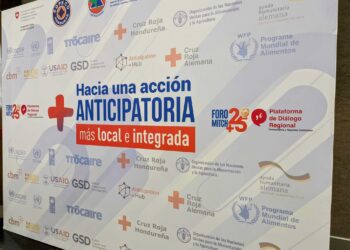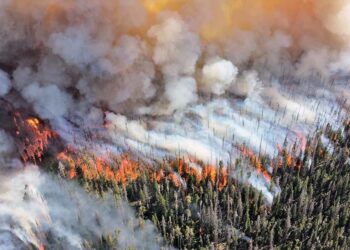On September 11, 2020, the lead organizers of the COVID-19 Mobility Data Network (CMDN) introduced the CrisisReady project. The COVID-19 pandemic has exposed gaps in the current framework of data-driven disaster response, which highlights the need for a multidisciplinary network centered around the principles of Data Readiness, Methods Readiness, and Translational Readiness.
The COVID-19 Mobility Network (CMDN), a network of 150 infectious disease epidemiologists working with aggregated mobility data to support COVID-19 response, has been active since April 2020, meeting virtually 2-4 times per month to share best practices, analytic tools, and code repositories across the group. Since April, researchers from the network have leveraged datasets provided by technology companies to provide updates on response effectiveness and physical distancing to decision-makers at the national, state and local levels in many different countries throughout the world.
Six months later, as the academic year resumes and priorities in public health shift across contexts globally, CMDN leads Andrew Schroeder, Caroline Buckee, and Satchit Balsari discussed the best practices learned from the COVID-19 experience and introduced the CrisisReady project to the team.
The pandemic shed light on the massive gaps which still exist between decision-makers, potentially useful data sources, and effective translation of research into actions. CMDN aimed to bridge this gap by building on the knowledge within the scientific and public health response community. Its’ structure as a flexible network of researchers sharing resources with a common goal of informing public action was a large reason for its success contributing to COVID-19 response across diverse contexts. CrisisReady is structured similarly as a multidisciplinary research and action network that expands on the possibilities of CMDN. Funding will be made available in the future for the sake of rapid response by the research community. The CrisisReady platform will also serve as a repository of relevant work from each of the labs involved and provide space for amplification.
Andrew Schroeder detailed Direct Relief’s collaborative experience working on cholera outbreaks in the wake of Cyclone Kenneth in 2019—a joint project between researchers at Harvard, Northwestern, Direct Relief, the Mozambique Ministry of Health and the World Health Organization. The established relationship between researchers and decision-makers during the Cyclone response allowed epidemiologists to build in modeling layers for the cholera outbreak previously developed by the team, rapidly deploy them, and understand how cholera cases may spread to better target planning efforts for cholera vaccination in the region.
The Pemba vaccination campaign in the Kenneth-affected area was ultimately able to vaccinate over 240,000 individuals, utilizing in part spatial demographics data provided by the modeling team. The specific influence of models and other data sources on planning efforts though remains somewhat unclear. Nevertheless, the conceptual anchors of Data, Methods, and Translational Readiness at CrisisReady specifically emphasized the “readiness” aspect of effective real-time response demonstrated successfully in Mozambique– the creation of data pipelines, engaged learning through exercise simulations, and a constant loop of developing and refining methods through practical experience across diverse contexts.
As the regular meetings for CMDN come to a close at the end of 2020, the network will have four sessions around the themes developed for the CrisisReady platform— 1) Epidemics, 2) Natural disasters, 3) Data privacy, and 4) Data pipelines. The audiences for these meetings will be expanded to involve stakeholders from the emergency response, data privacy, and the NGO and policymaking sectors, with the purpose to identify people, projects, and partnerships moving forward. This blog will archive the discussions that have taken place during the CMDN meetings, and these four key sessions.
For more information on CMDN, please see covid19mobility.org


